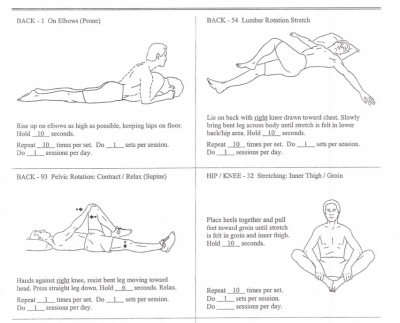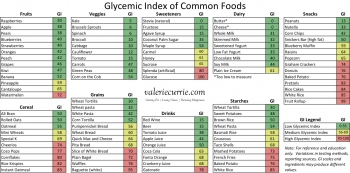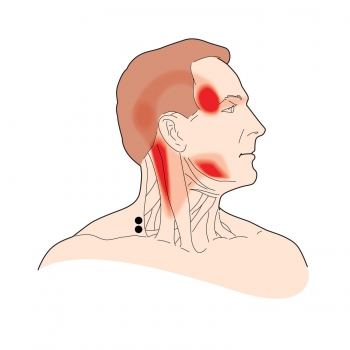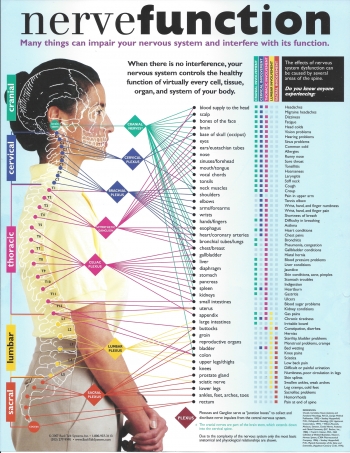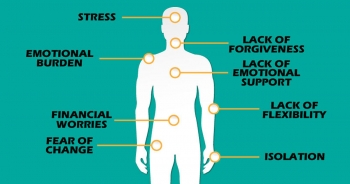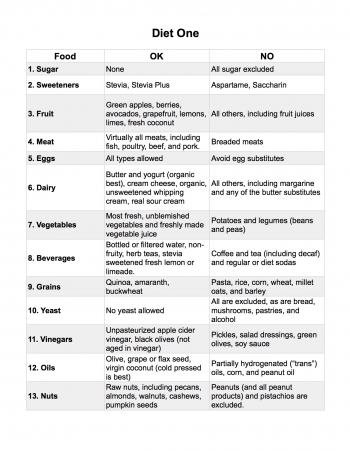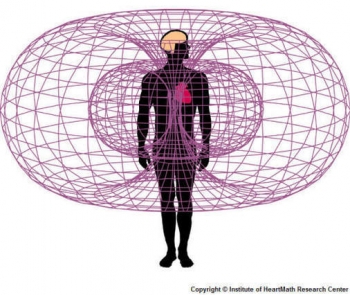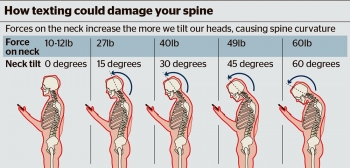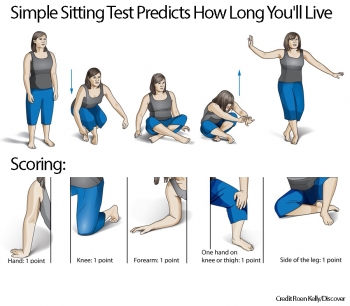Consider these bones deep in your face - I believe for many people, some of these bones are "stuck together" (strained muscles) that the person is completely unaware of:
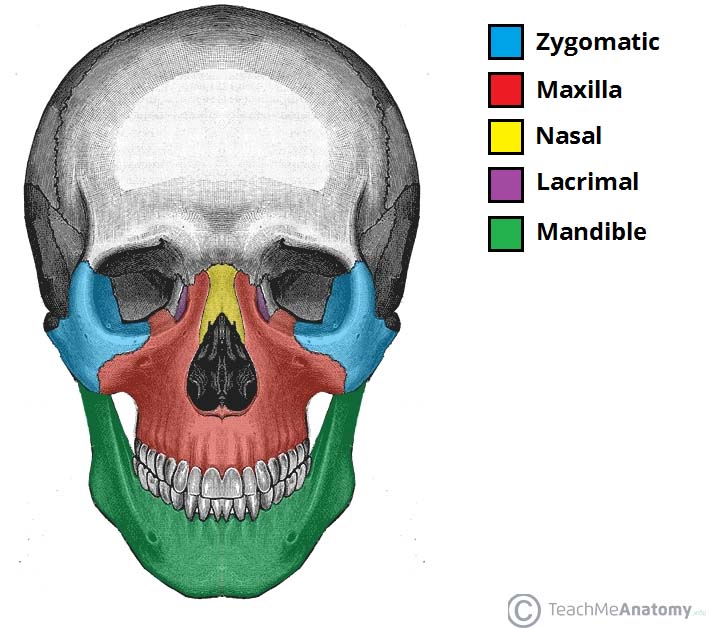
Likewise, the seams between the bones in your head:
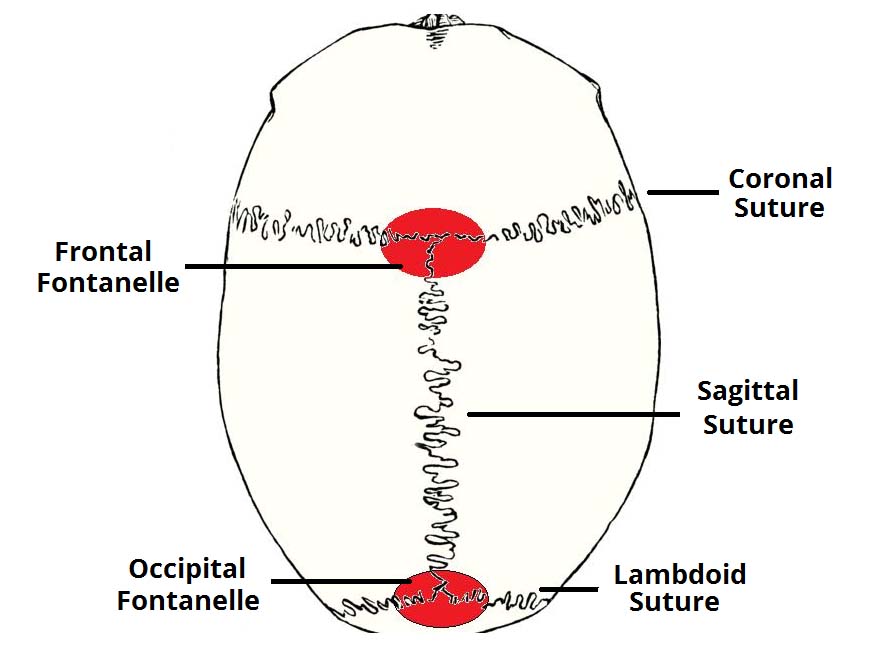
What does your eye doctor not want you to know about your eyes?
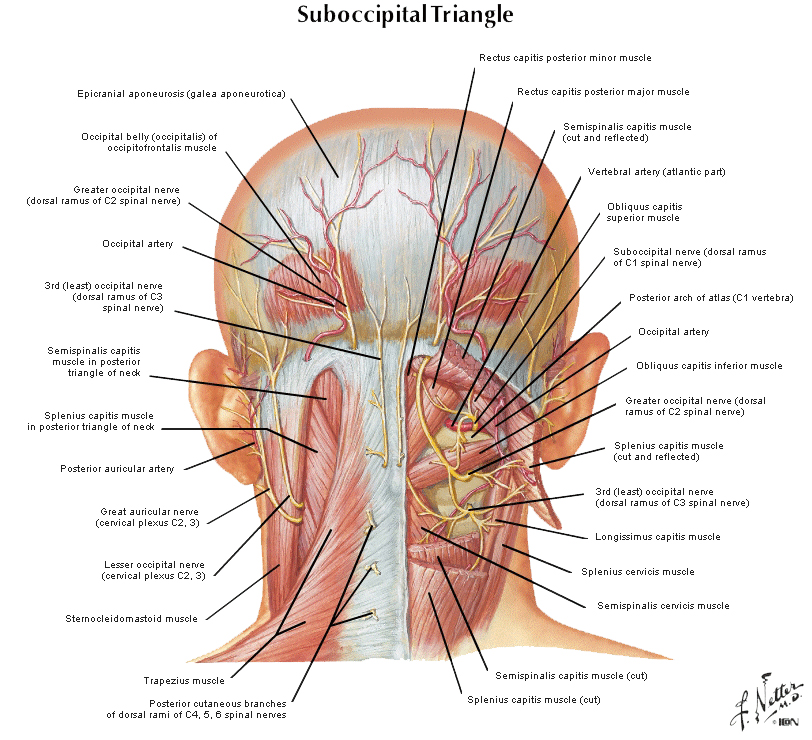
I stopped wearing my glasses about a month ago. I had been finding that if I took my glasses off to stretch and do yoga, I’d feel the muscles in my neck and back of my head “click” and depending on which way I was stretching, my vision was temporarily getting better or worse. Then I’d typically put my glasses back on, and within a few minutes, the muscles would click back to the “worse” position and I would go about my day. It seemed like as my body was healing from Lyme disease, my eyesight was improving. But the glasses were at a prescription for when I was sick, and eventually started giving me a headache.
I tried a few times to stop wearing the glasses but the headache were so bad that I’d end up putting the glasses back on the following day. After a while I convinced myself that I would be able to see what I was supposed to see: to be content with whatever picture quality my eyes were giving me. I decided to try to stop wearing my glasses again and mentally focused on allowing my eye muscles to relax even if my vision was blurred. It took a week or two before my eyes became adjusted to operating without glasses.
My optometrist didn’t seem to think that a person’s vision was supposed to get better, and my prescription was weak enough for me to quit wearing my glasses ‘cold turkey.’ So I did. For a person whose prescription is too strong for this approach, you’ll want to find an optometrist who believes in holistic healing. They’ll be able to create a prescription a “step down” from your actual prescription so that you can slowly allow your eyes to adjust to the weaker lenses.
And if you look at the following diagram, you’ll see that the “occipital artery” is on the back of your head. This means that a knot in a muscle on your upper neck could easily reduce blood flow to one or both of your eyes!
What does your dentist not want you to know about your teeth?
Related: Is dentistry a science?
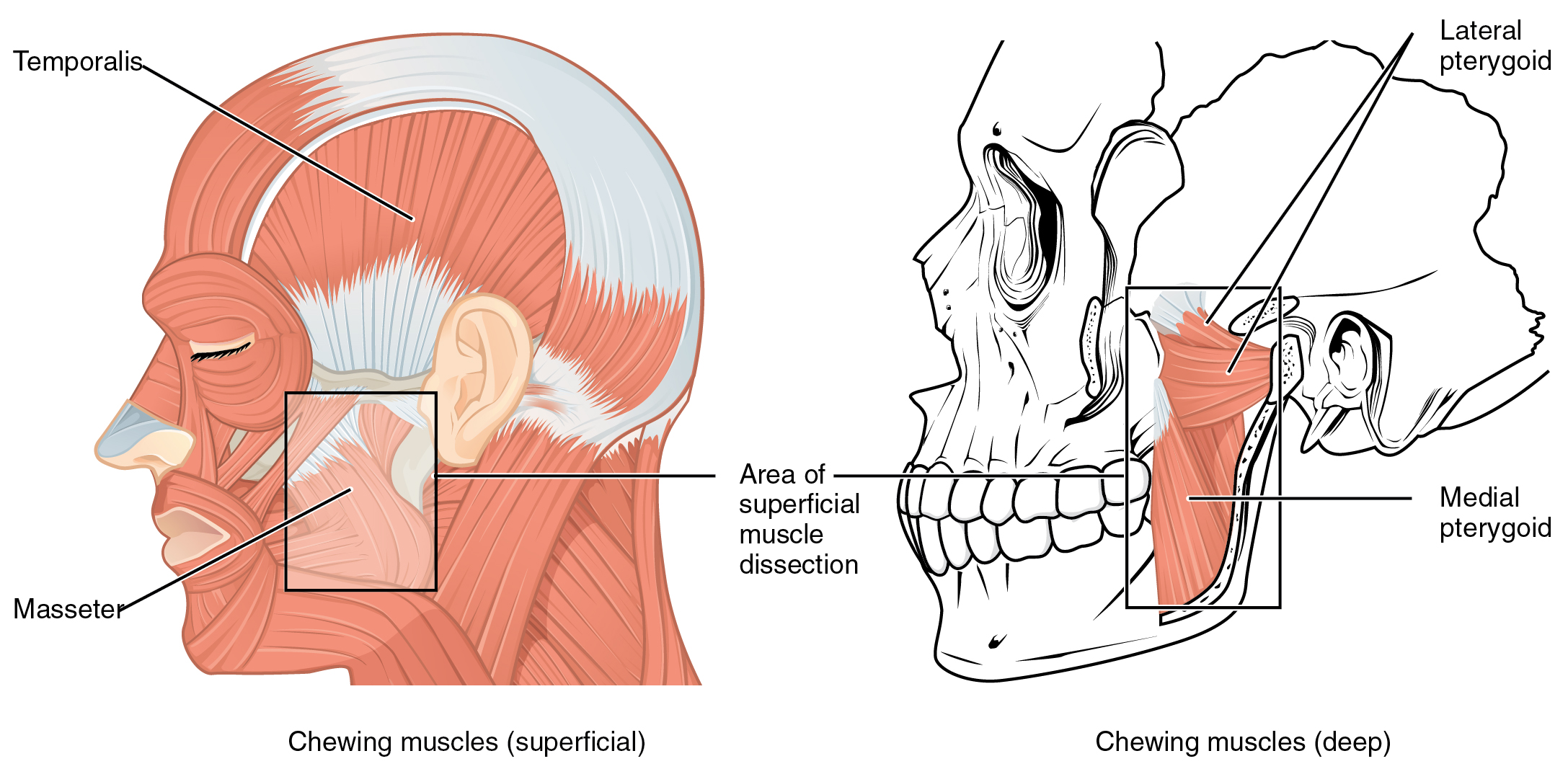
Your dentist doesn’t want you to know that your teeth can repair cavities! When you break a bone in your arm, your body is able to repair the bone if you put it in a cast for a few weeks. Why wouldn’t your teeth be able to fix themselves if they’re also made of bone?
The answer is buried in another question: why did your teeth get a cavity to begin with? My opinion is that while sugar and brushing are closely related to how many cavities a person tends to get, the bigger picture shows that sugar and other processed foods rot your body from the inside. Then, as your gut and related parts of the body struggle with digesting low quality food, your body becomes less saturated with water. Remember that a healthy body is around 70% water. A sick person’s body will tend to be slightly dehydrated, the organs become leathery and tough.
Eventually, the weakest place or organ in the body becomes inflamed and starts blocking energy (blood flow) from that particular part of the body. Since everything is connected, the blockage eventually reduces the blood flow to your neck, head, mouth… eventually a tooth starts to rot... from the inside.
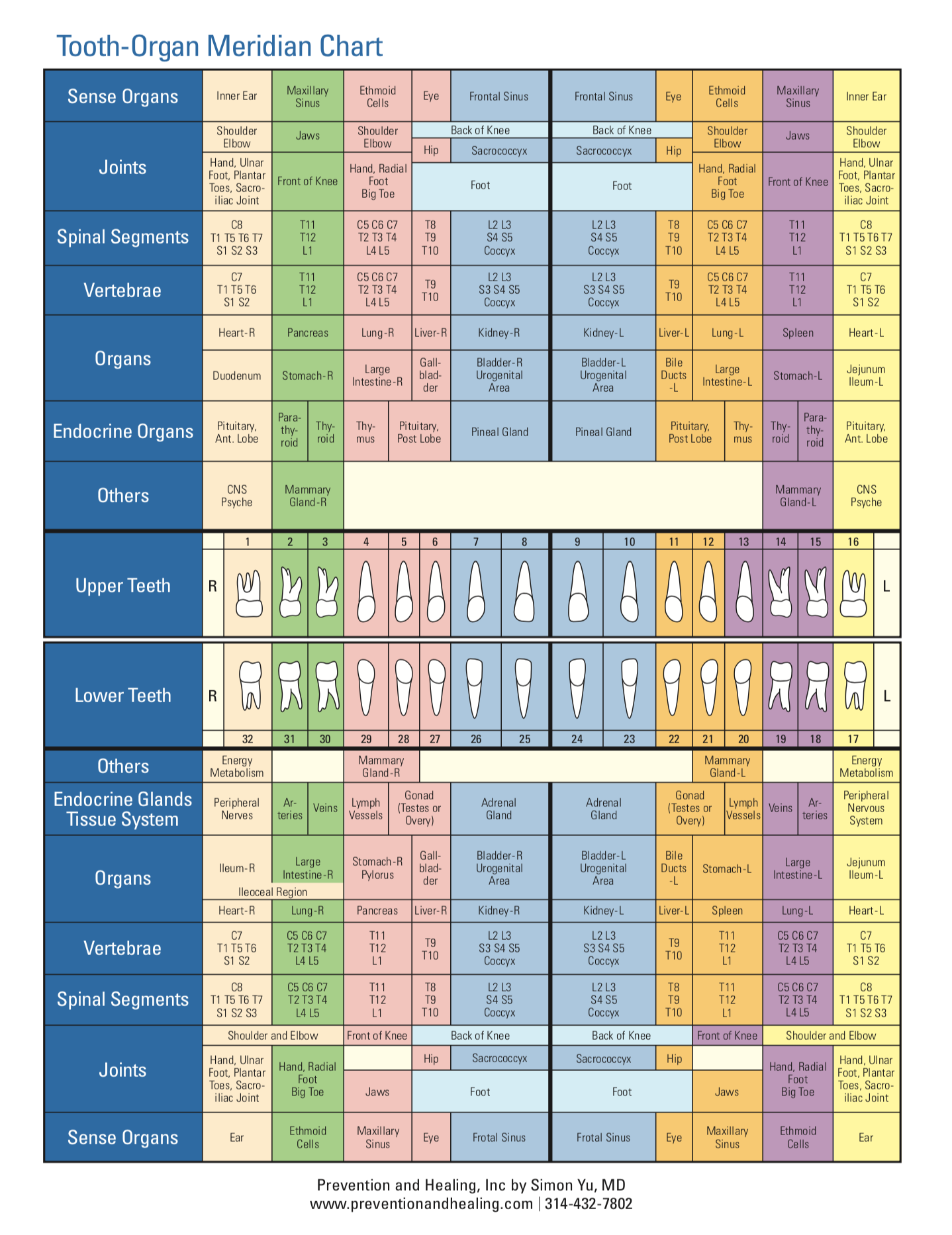
See also: tooth - organ - meridian chart.
The muscles in your neck become stiff, and your jaw starts to lose flexibility. Depending on which was the muscles in your body are pulling, your teeth might separate or squeeze together, which you’d notice when flossing.
If the cavity becomes large enough, the dentist will call for a root canal procedure, which is simply a procedure where they drill the nerve out of your tooth so you don’t feel the pain anymore. This of course will allow for further infection to fester around that tooth area since the underlying cause of the problem was never addressed. The dentist simply performed their procedure and essentially put a band aid over the problem.
Additional Keywords:
- Temporomandibular Joint (TMJ)
- Temporomandibular joint dysfunction




